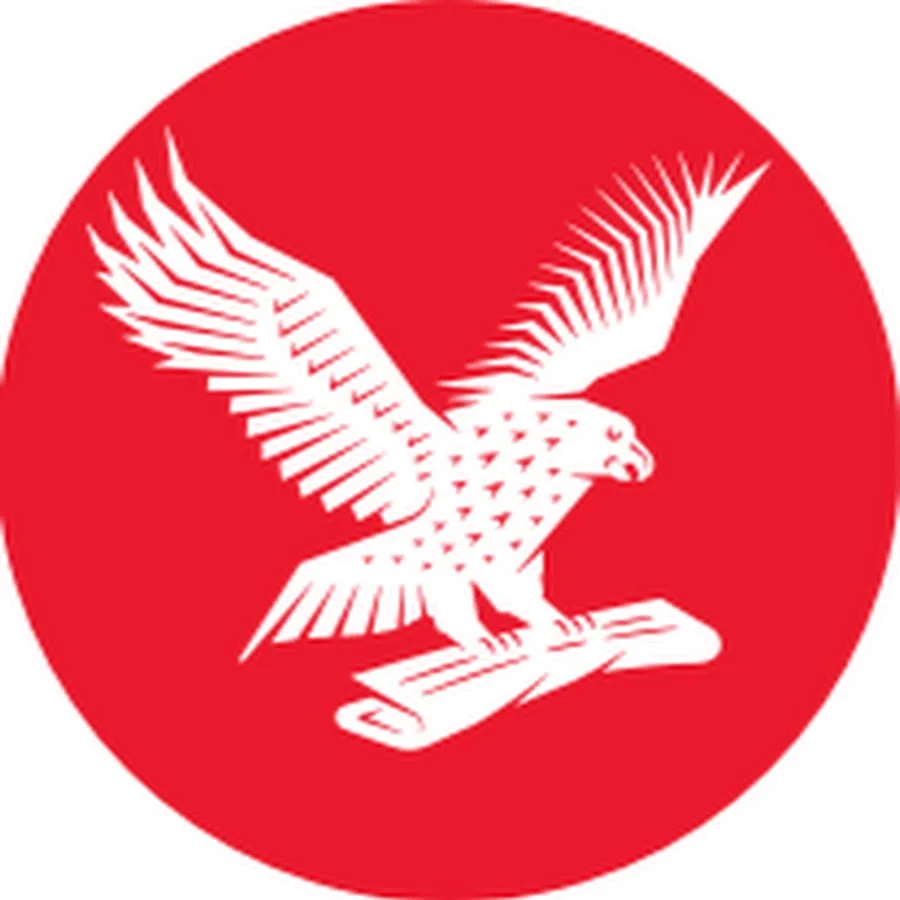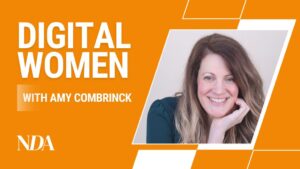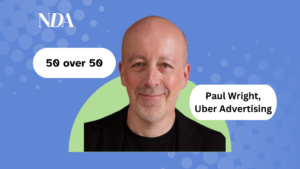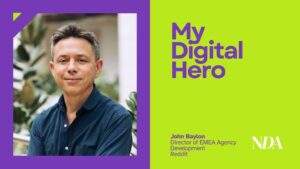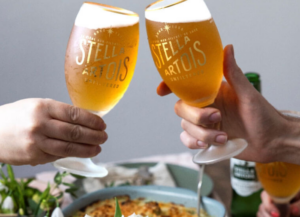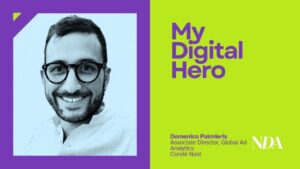The Independent’s John Paton talks newsbrands, frenemy platforms and what the evolving cookie landscape means for publishers in the second part of our exclusive interview.
There’s more to the Independent than meets the eye.
Launched in 1986 to great fanfare under the tagline “It is. Are you?”, The Indy aimed to challenge both the Guardian for centre-left readers and The Times as the newspaper of record, reaching a circulation of some 400,000 in just three years.
It then went through a rollercoaster of ups and increasing downs (and a series of owners) until, in 2016, it made the decision to shut its print operation permanently. A brave move, but one that is now paying dividends, according to the chairman of its parent company Independent Digital News and Media, John Paton (also chairman of The Evening Standard).
As detailed in the first part of our interview with Paton, it has been profitable since day one as a digital-only entity and its empire now spreads across the world. An international newspaper headquartered in London with international outposts, he says.
He is not alone in his optimism. Premium press across the globe have reported upsurges in interest and readership at a time when fake news is in the headlines and when quality, trusted information is needed: not just on Covid, but for Brexit, Trump, #BLM, antivax and for any number of other divisive issues where misinformation spreads like wildfire.
Why quality stands out in an age of fake news
Paton says that great newspapers are trusted arbiters of truth who also stand for something. You can trust the information they impart, but you also know their point of view and where they stand. It’s why it’s so important that newsbrands are just that – brands.
“The clue to the Indy is in its name,” he says. “The Independent. We are independent of thought, of influence, of party politics – although it does have a small ‘L’ liberal stance on issues. “We are neutrally left rather than neutrally right.”
Expansion into other languages as the Independent rolls out globally is vital, he says. “You can’t be a global news organisation in one language and based in one city.
“We are a global company now, and we intend to continue our global growth with a global outlook.”
There are now newsrooms in places from Delhi to New York, LA and Washington DC and through licensees, Pakistan and North Africa, with more planned.
Paton talks of how newsbrands can stand proud of the platforms, but also utilise them.
“To operate [against] the curators and the platforms you have to spend money on quality journalism,” he says, adding that it is “not wise” to constantly war with those platforms. “It’s not a battle, as Zach Leonard [chief executive of the Independent] says, but Judo. In Judo you use the weight of your opponent against them.
“The Independent works remarkably well in monetising its content and extending its audience by using those social media platforms,” he says.
Readers do, he believes, notice the difference in quality and trust that information. “I hate the word content,” he adds. “If you say the word content you might as well be saying ‘cargo’, and different cargo has different values. A shedload of diamonds is worth more than a shedload of manure. Both have value but they are very different values.
“The way to survive and thrive is to understand your audience very well, and to make sure that the products you aim at that audience be that your newspaper, your podcast, site or App are the best they can be for what you say you do.”
Planning for a post cookie world
Paton says the news organisation has been preparing for the post-Cookie world, when Google phases out cookies on its Chrome browser next year following similar moves from Apple and Firefox.
“We have a programme called A2K,” he says, adding that it stands for ‘anonymous to known’.
“Most people believe by early 2022, that third party cookies will be phased out. And if you do not have a plan and if you have not invested in a data management platform, then you’re going to find yourself in trouble.”
He continues: “This is a process where we are in a very large funnel at the top to bring in those readers and eventually monetise them in some form or another. We are – with their permission – grabbing data from them, and we have started to do everything from email marketing to ecommerce.”
An example is a 2020 experiment with Amazon where the publisher took a revenue share with it from readers who bought a Premier League football package from the etailer. “We made tens of thousands of pounds on that.”
Adds Paton: “Where we’re going in our world, first party data does seem much more ethical. This is all permission data.”
He believes the industry as a whole is evolving and meeting the needs of readers and advertisers alike, concluding: “We are much better at seeking solutions as an industry, [whereas] in the past we were a bit hesitant to see the solution that was in front of us, such as investing in digital.
“But I think we are getting there and events such as COVID have really underlined the need for people to understand that the time for action is now.”


